Not long ago, it would have been difficult to imagine that Maldivian President Mohamed Muizzu—who rose to power on the back of a robust “India Out” campaign—would extend an invitation to Indian Prime Minister Narendra Modi to attend the Maldives’ most significant national event on July 25, 2025, the country’s 60th Independence Day, as the Guest of Honour. Yet, that is precisely what has unfolded.
In a post on X, Prime Minister Modi stated: “Day after tomorrow, 25th July, I will be in the Maldives at the invitation of President Dr. Mohamed Muizzu. I am honoured to be taking part in the 60th Independence Day celebrations of the Maldives. This year we also mark 60 years of India-Maldives diplomatic relations. The talks with President Muizzu will certainly add momentum to bilateral ties across diverse sectors.”
This moment carries deep symbolic significance. Only a few years ago, the India-Maldives relationship had reached a historic low. President Muizzu’s “India Out” campaign actively challenged India’s strategic footprint in the archipelago, marked by personal attacks and sharp rhetoric against Prime Minister Modi himself. Many analysts concluded at the time that India had effectively “lost” the Maldives to China—particularly when Muizzu broke with diplomatic precedent by choosing Beijing as the destination for his first official overseas visit.
Muizzu took deliberate steps to distance Maldives from India, including demanding the withdrawal of Indian defense personnel and enhancing ties with China. Anti-India narratives became mainstream, and the political climate was steeped in antagonism toward New Delhi. Despite these provocations, what followed is nothing short of remarkable: a dramatic turnaround in relations that reflects India’s strategic patience and diplomacy, and the statesmanship of Prime Minister Modi.
The credit for this diplomatic transformation lies squarely with PM Modi. Faced with political hostility and personal criticism, he chose to remain committed to a pragmatic, forward-looking foreign policy. Rather than retaliating, Modi’s approach emphasized engagement, development cooperation, and people-to-people ties—hallmarks of a mature global leader.
Quick Reads
View AllIndia has traditionally been Maldives’ first responder in times of crisis—be it natural disasters, public health emergencies, or economic instability. During President Muizzu’s state visit to India from October 6-10, 2024, both nations reaffirmed their commitment to mutual security and development. This culminated in the adoption of the “Vision for Comprehensive Economic and Maritime Security Partnership.” On that occasion, President Muizzu reassured New Delhi of its security concerns, stating:
“The Maldives will not do anything that would harm India’s security interests. We value India’s role as a close neighbour and friend.”
This statement marked a sharp departure from his earlier rhetoric, signalling a shift towards mutual respect and constructive cooperation. India, in turn, has remained steadfast in supporting the Maldives’ maritime and defense capabilities—providing coastal radar systems, naval vessels, and training for Maldivian defense personnel since before Muizzu’s term. Notably, these efforts included the inauguration of a network of coastal radar stations and the establishment of a Composite Training Centre at Maafilaafushi during previous governments, particularly under President Solih, laying the foundation for today’s robust security architecture.
Economic considerations also played a pivotal role in this diplomatic recalibration. As the Maldives undertook expansive infrastructure projects—many backed by Chinese loans—its external debt surged, crossing $8 billion by early 2024 and exceeding 110 per cent of its GDP. The nation’s tourism-dependent economy remained fragile, with foreign exchange reserves under immense strain, at times covering barely a month of imports. New Delhi, however, stood by as a consistent and generous partner.
In May 2024, India rolled over a $50 million Treasury Bill at the Maldives’ request—a move the Maldivian government described as a “true gesture of goodwill.” Further, during Muizzu’s visit to India in October 2024, New Delhi extended significant financial support, including a $400 million currency swap agreement and an Rs 30 billion line of credit under the SAARC framework. President Muizzu acknowledged India’s assistance:
“I am thankful for the Indian Government’s decision to provide support in the form of Rs 30 billion in addition to a $400 million bilateral currency swap… which will be instrumental in addressing the foreign exchange issues we are facing.”
Unlike China’s debt-driven model, India’s approach focused on economic stabilisation, sustainable infrastructure, and capacity-building—promoting long-term development without the burden of unmanageable debt.
Strategically, Maldives’ location in the heart of the Indian Ocean makes it indispensable to India’s security calculus and central to its broader MAHASAGAR (Mutual and Holistic Advancement for Security and Growth Across Regions) vision. Guided by this doctrine, India has continually prioritized the Maldives’ development and security needs, anchored in mutual respect and shared regional concerns. Under this framework, India has deployed maritime surveillance infrastructure, conducted joint Humanitarian Assistance and Disaster Relief (HADR) exercises—including a major one in May 2025—and consistently trained Maldivian defence forces. These engagements underscore India’s role as a reliable partner and affirm its commitment to regional peace and stability.
Equally noteworthy is President Muizzu’s own evolution. He gradually came to realize that a confrontational posture toward India offered no tangible benefits. Strategic pragmatism ultimately prevailed. Both he and his advisors understood that partnership with India serves Maldivian interests far better than antagonism.
This diplomatic turnaround offers a broader lesson for regional leaders—particularly for Bangladesh’s interim leader Mohammad Yunus. While anti-India rhetoric may provide short-term domestic political gains, it seldom translates into long-term strategic or economic benefits. Foreign policy must be rooted in reason and rationality. For the countries in India’s neighbourhood, maintaining cooperative and constructive relations with New Delhi is not just diplomatically prudent—it brings real, measurable benefits to their people.
Imran Khurshid is a visiting research fellow at the International Centre for Peace Studies, New Delhi. Views expressed in the above piece are personal and solely those of the author. They do not necessarily reflect Firstpost’s views.


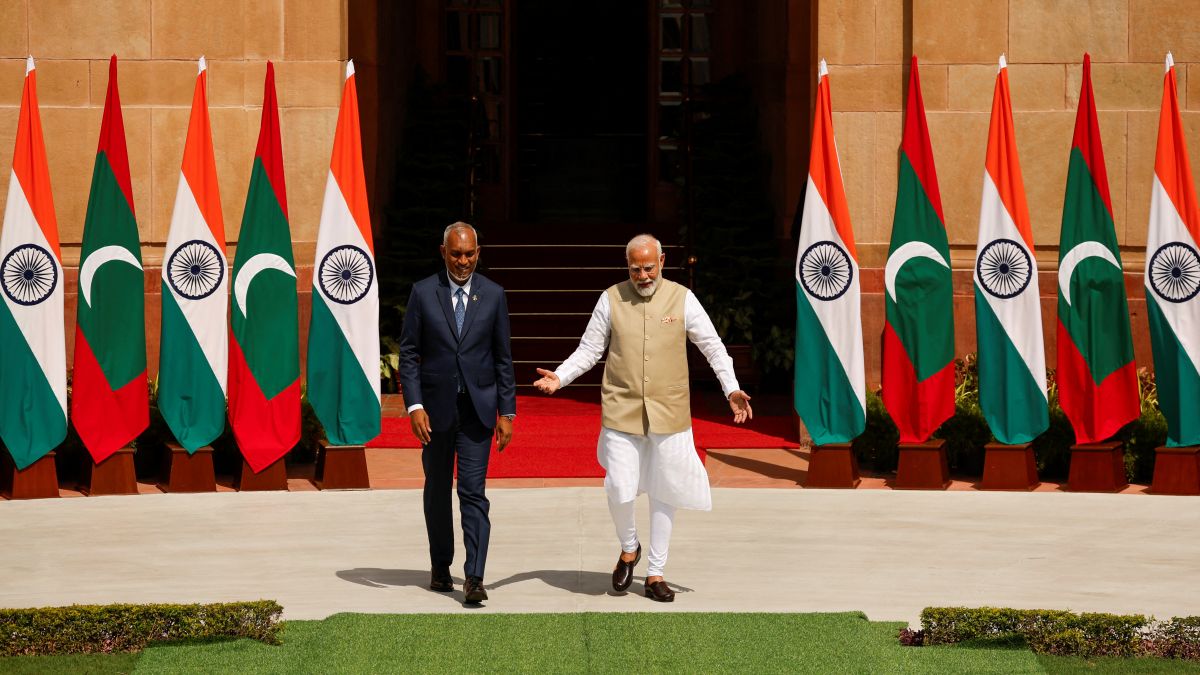)
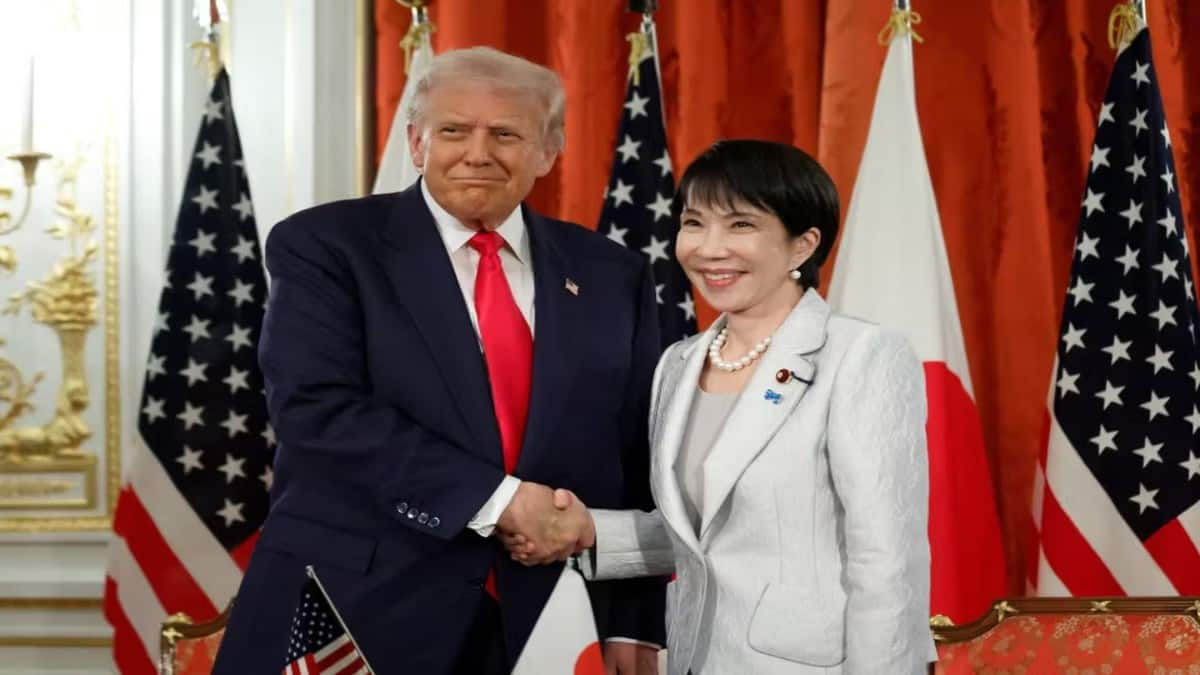
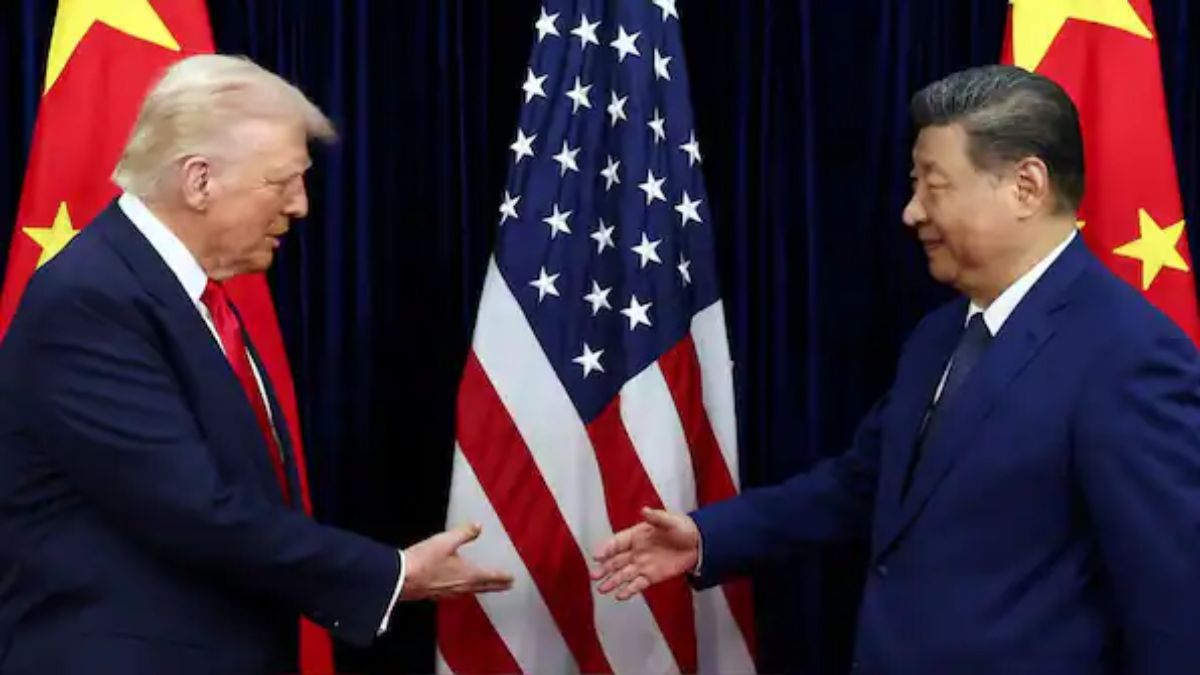)
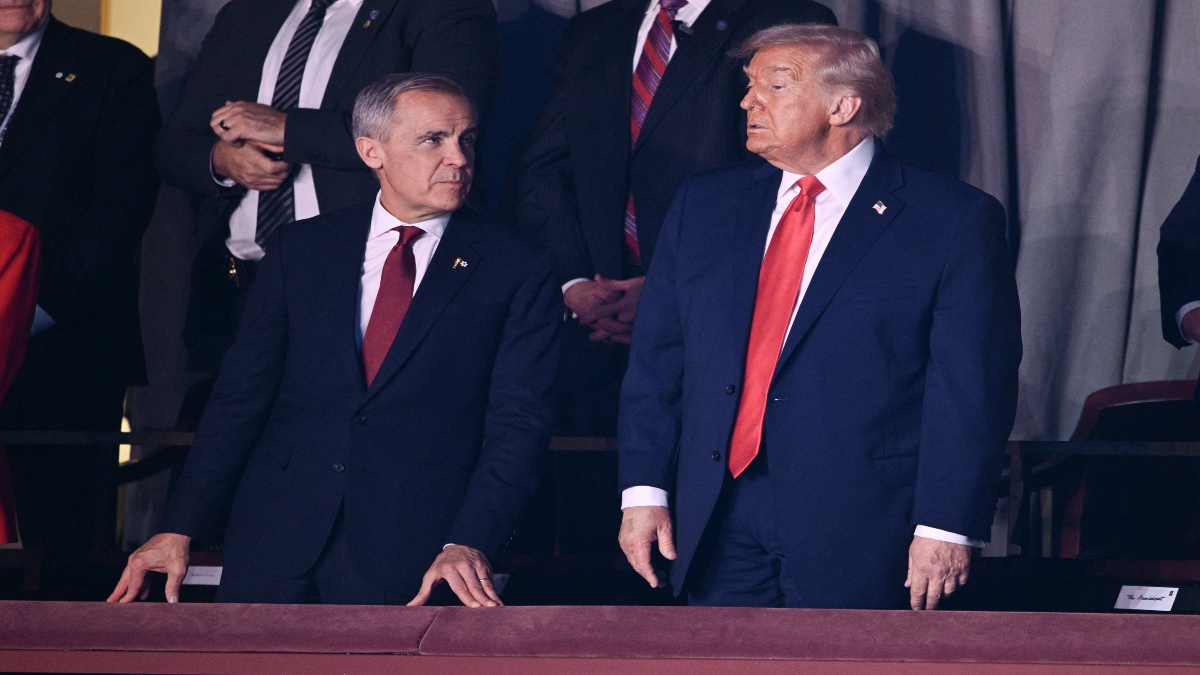)
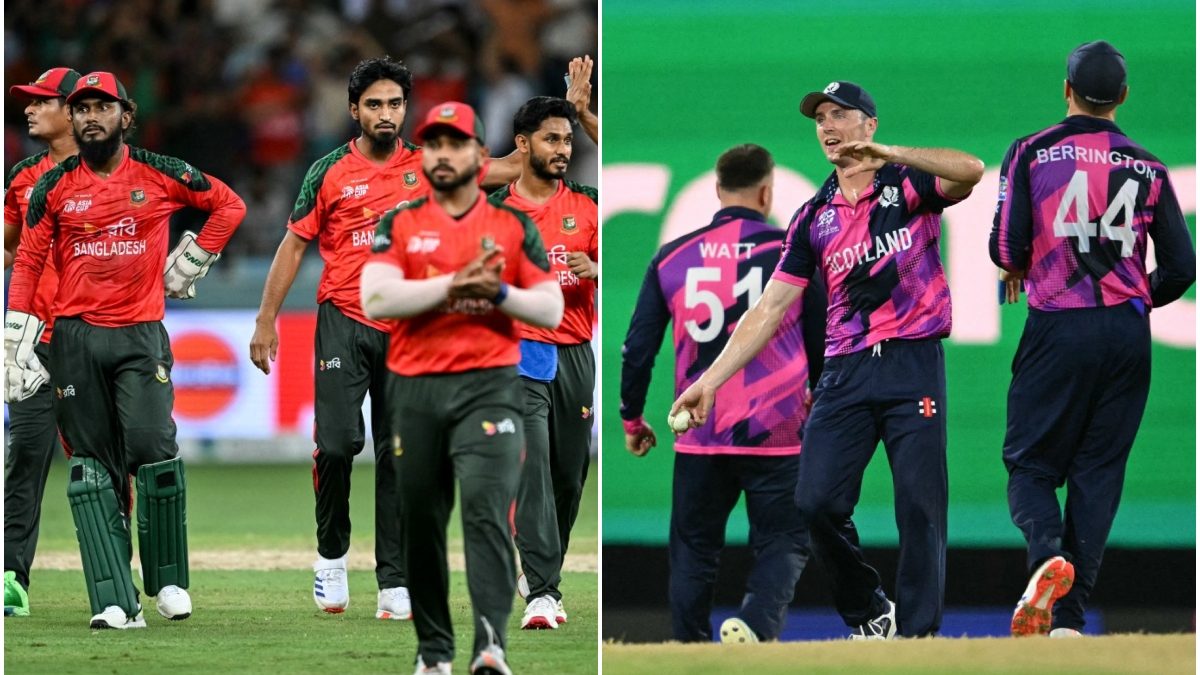)
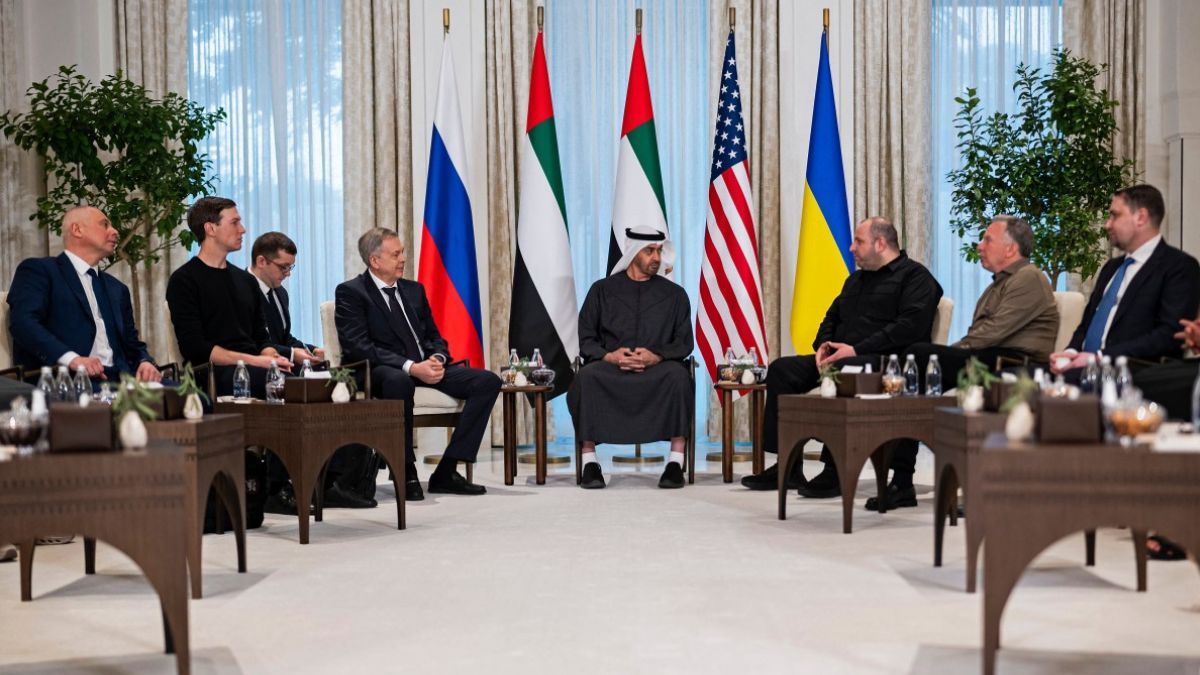)
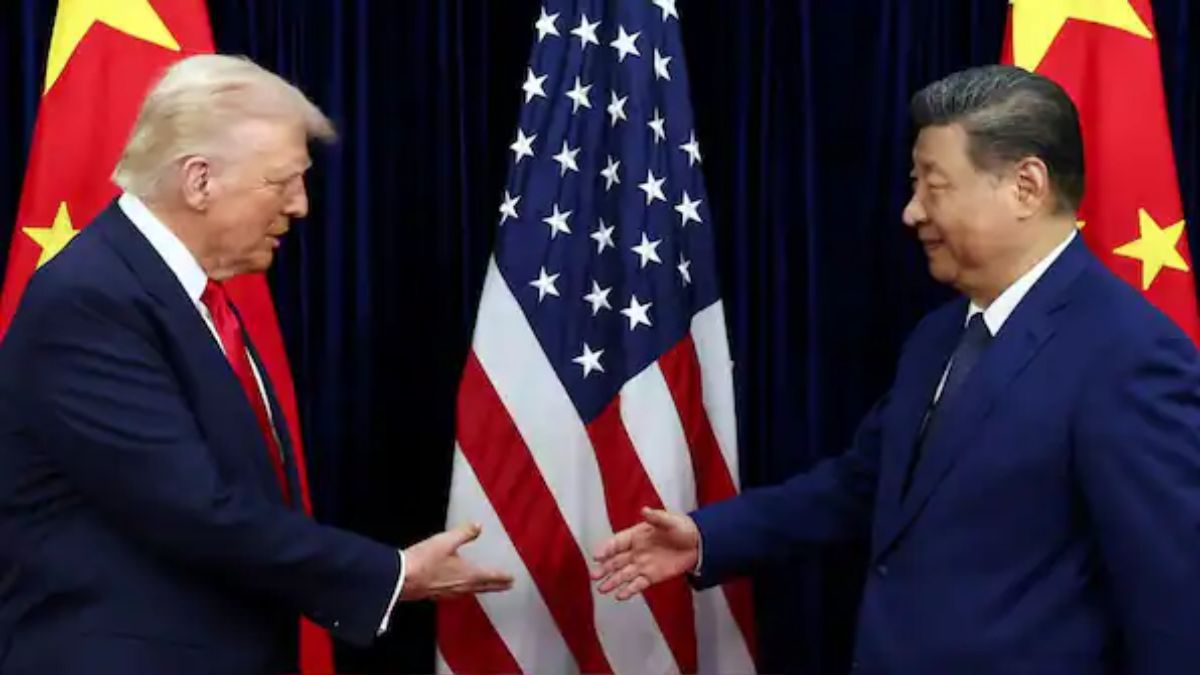)
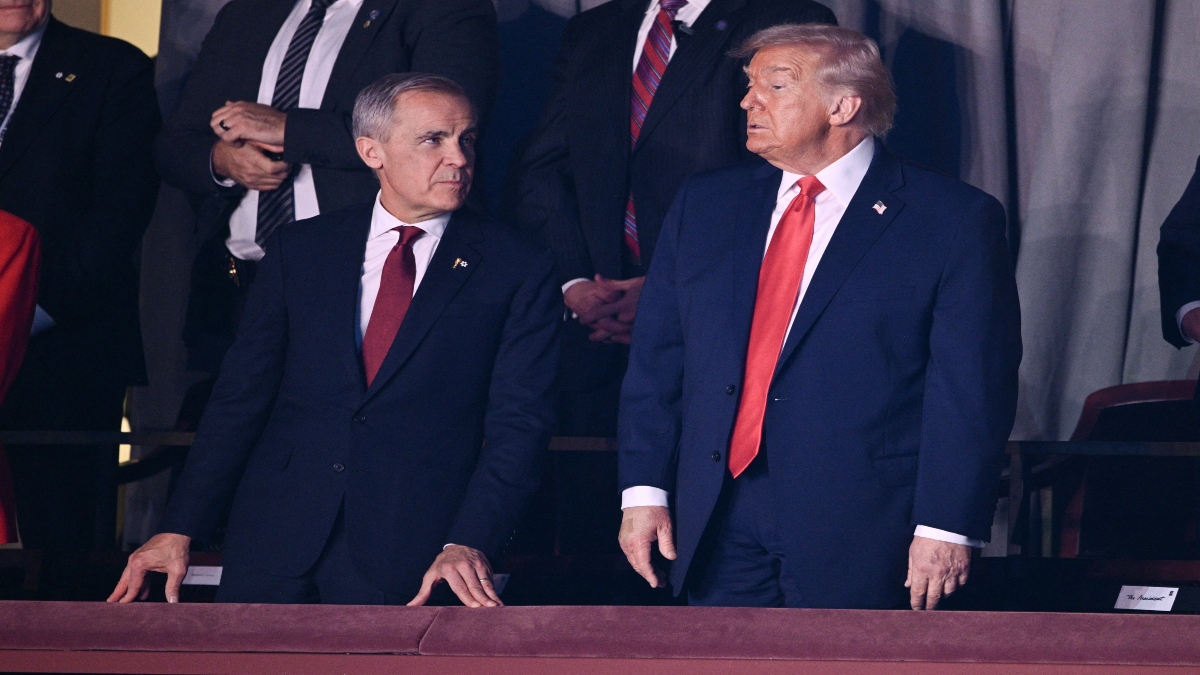)
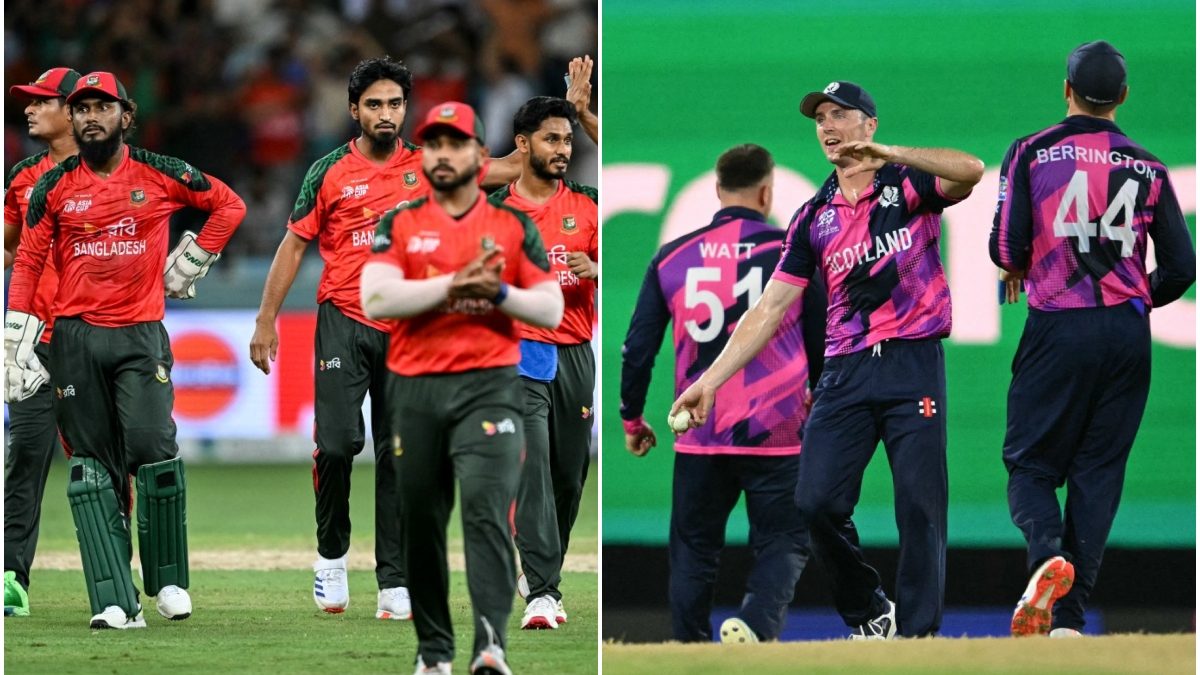)
)



